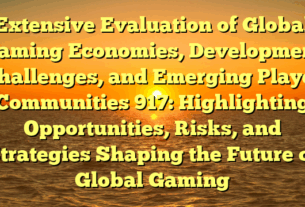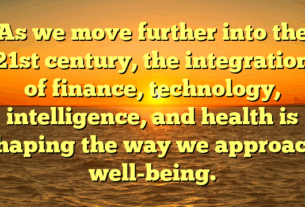Essentially, politics centers on control and policy-making. Governance involves the interplay between politicians, parties, advocacy groups, and voters. Political discussions impact areas such as economic growth, social equity, and national security.
Contemporary politics is characterized by a wide range of perspectives. Various ideologies like democracy, authoritarian regimes, socialism, and capitalism vie for influence. While this diversity fosters dynamic discussions, it sometimes results in division and tension.
wsoslot88 of digital media and technology has revolutionized political communication today. Social media platforms enable politicians to reach millions instantly, but they also amplify misinformation. Therefore, understanding the media’s role is essential in modern political analysis.
Elections remain a cornerstone of political systems worldwide. Challenges like fraud, intimidation, and foreign influence jeopardize free and fair elections. Bolstering governance structures and enhancing voter awareness are vital to democracy’s health.
The international political arena is equally multifaceted. Diplomacy, trade agreements, alliances, and conflicts shape relations between countries. In a world that is increasingly interconnected, decisions made in one nation can have far-reaching consequences.
Ultimately, politics demands active participation and careful scrutiny to ensure it serves the public good. By educating ourselves and staying informed, we can better navigate the complexities of political life and contribute to positive change.


